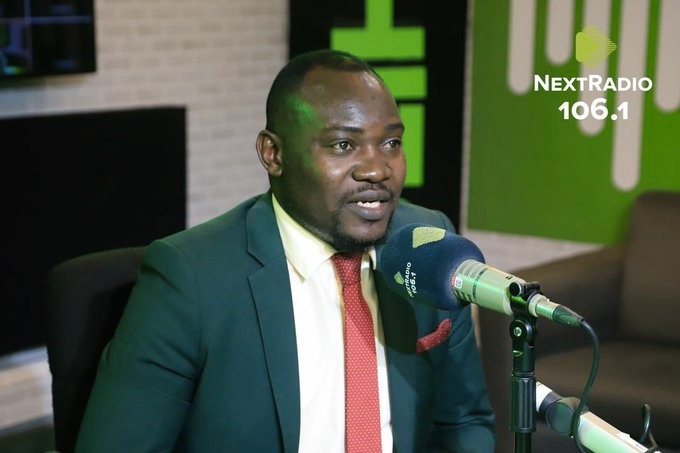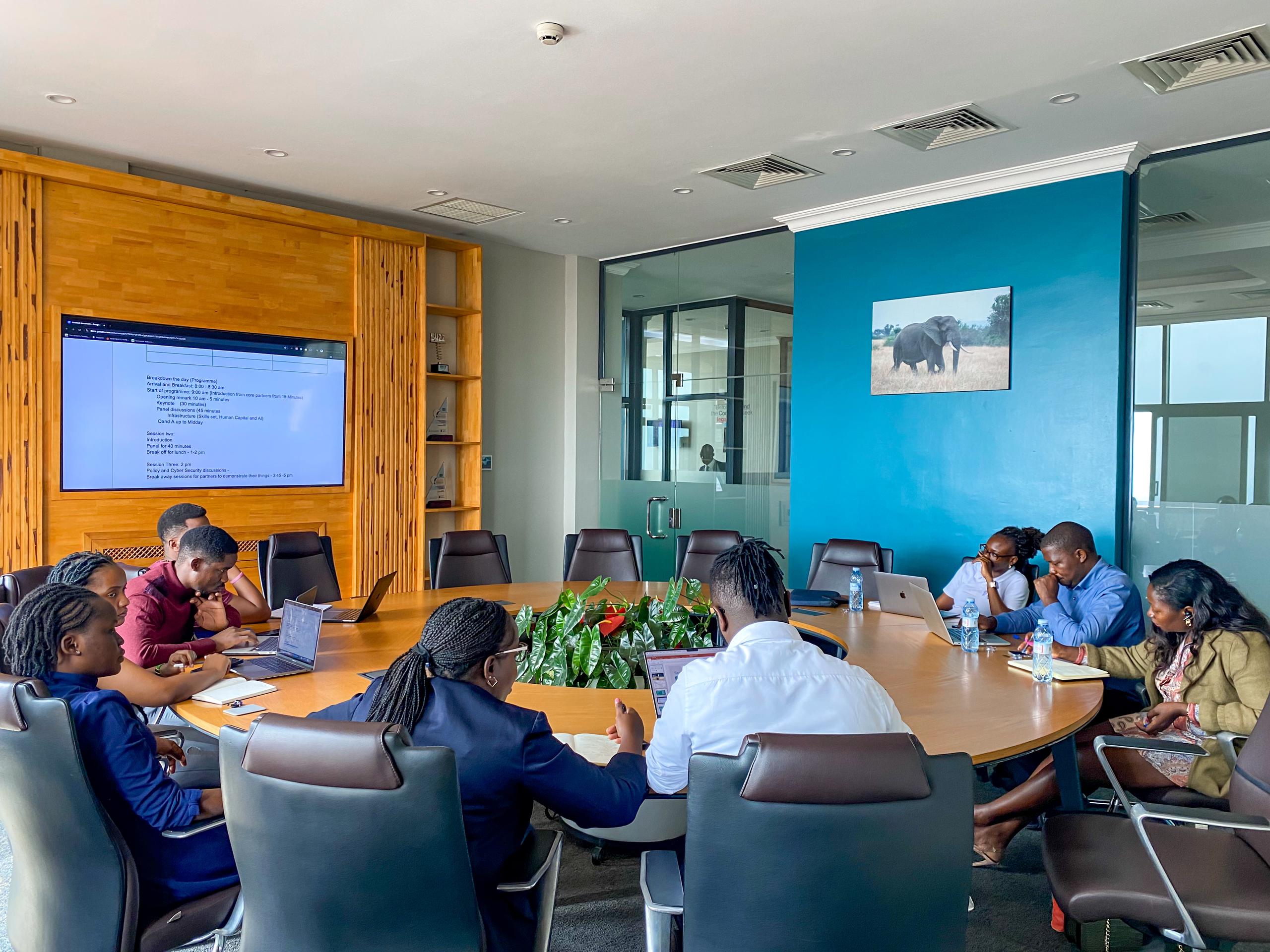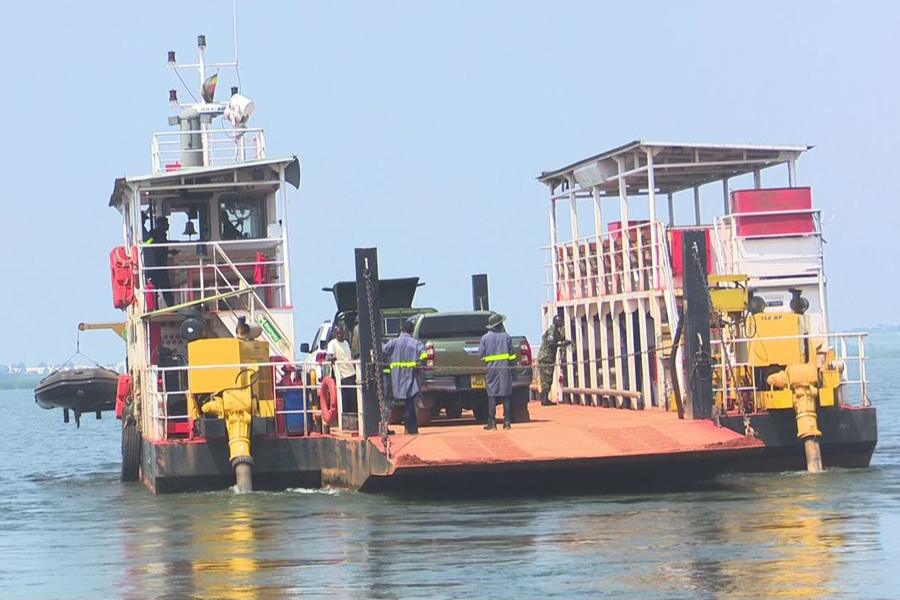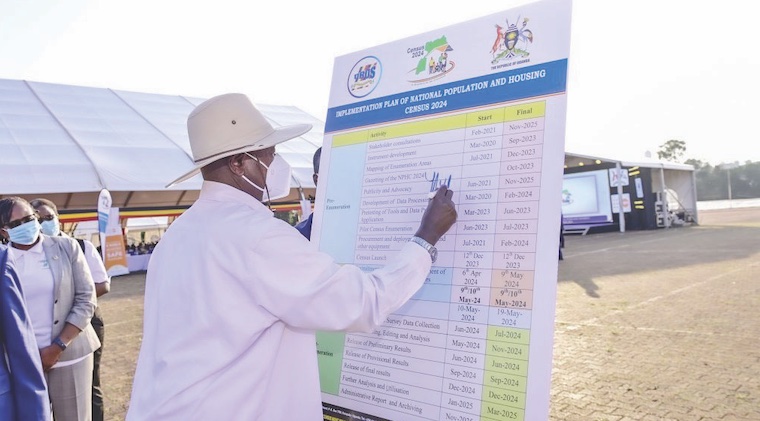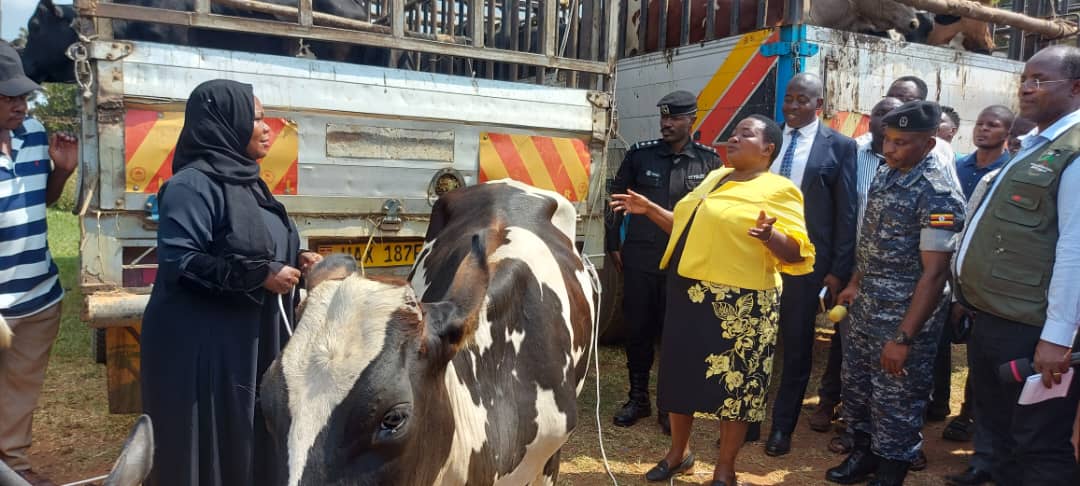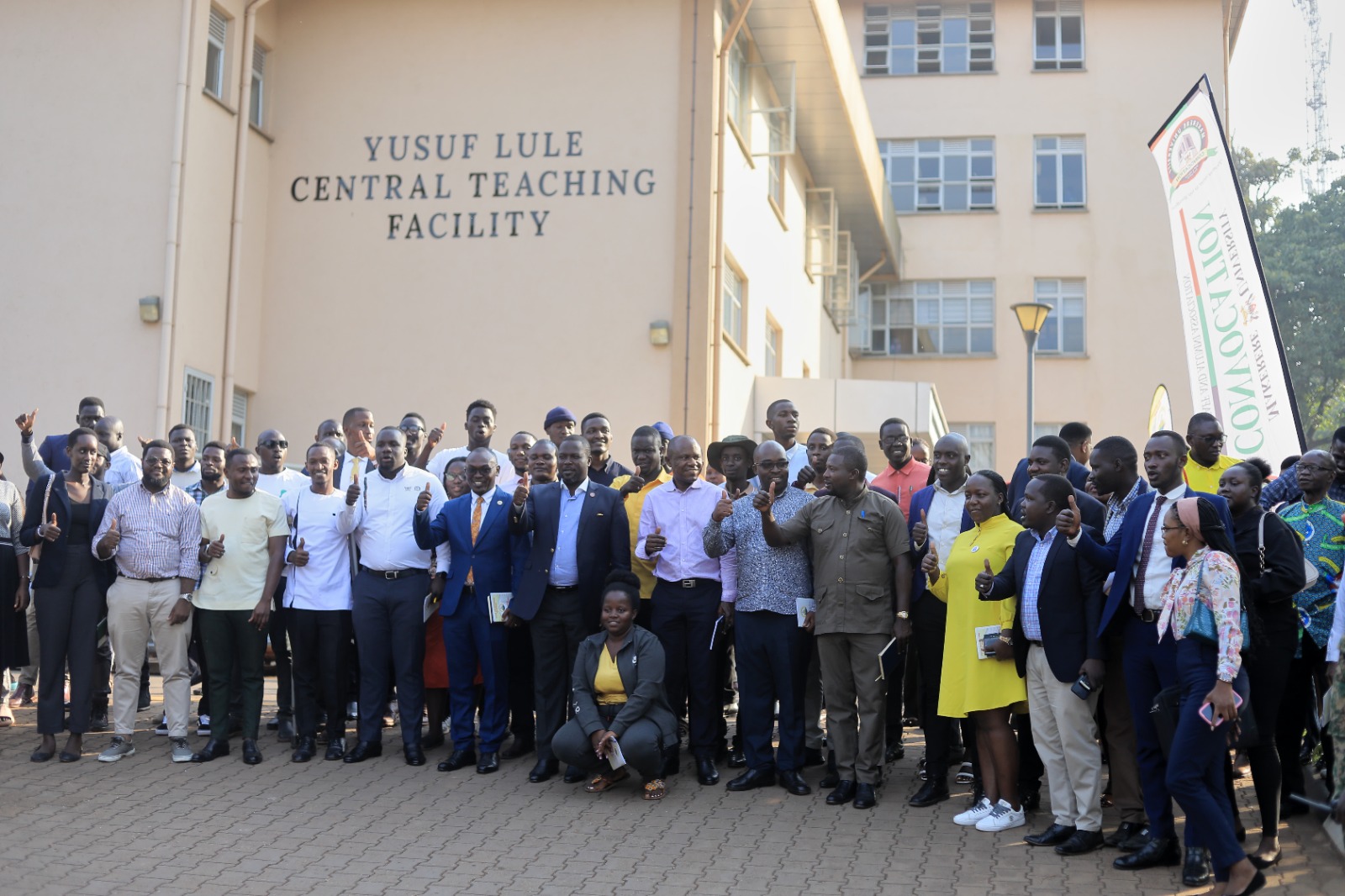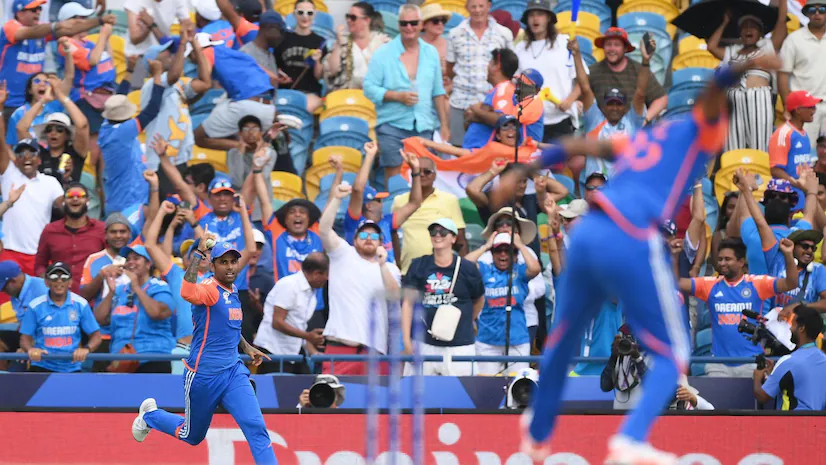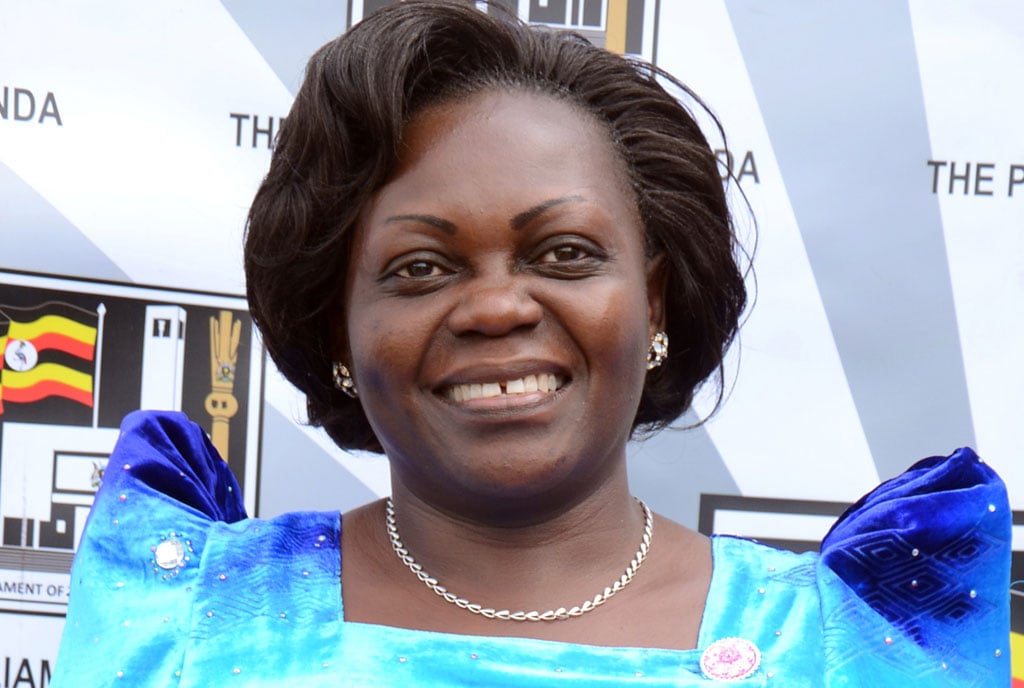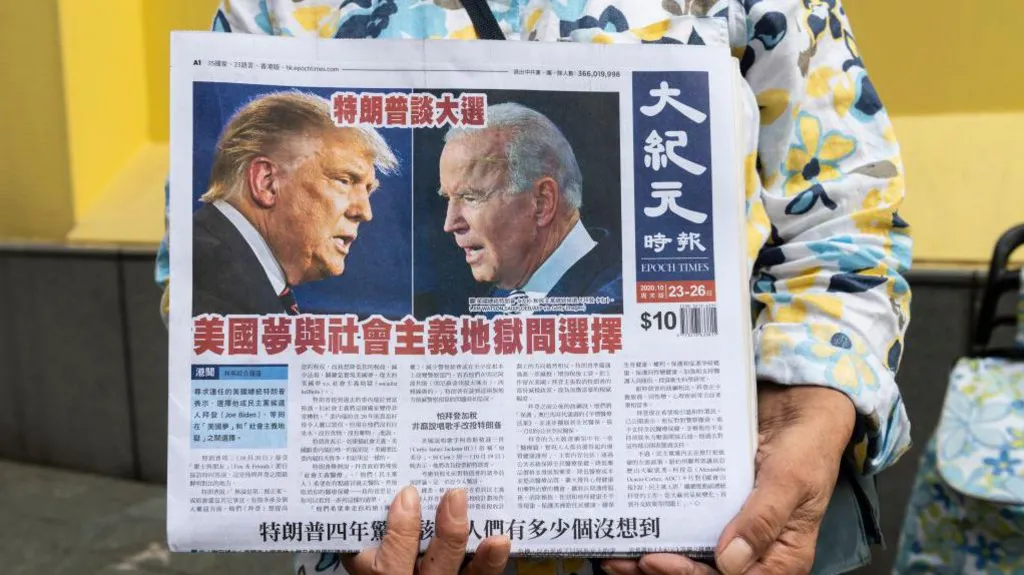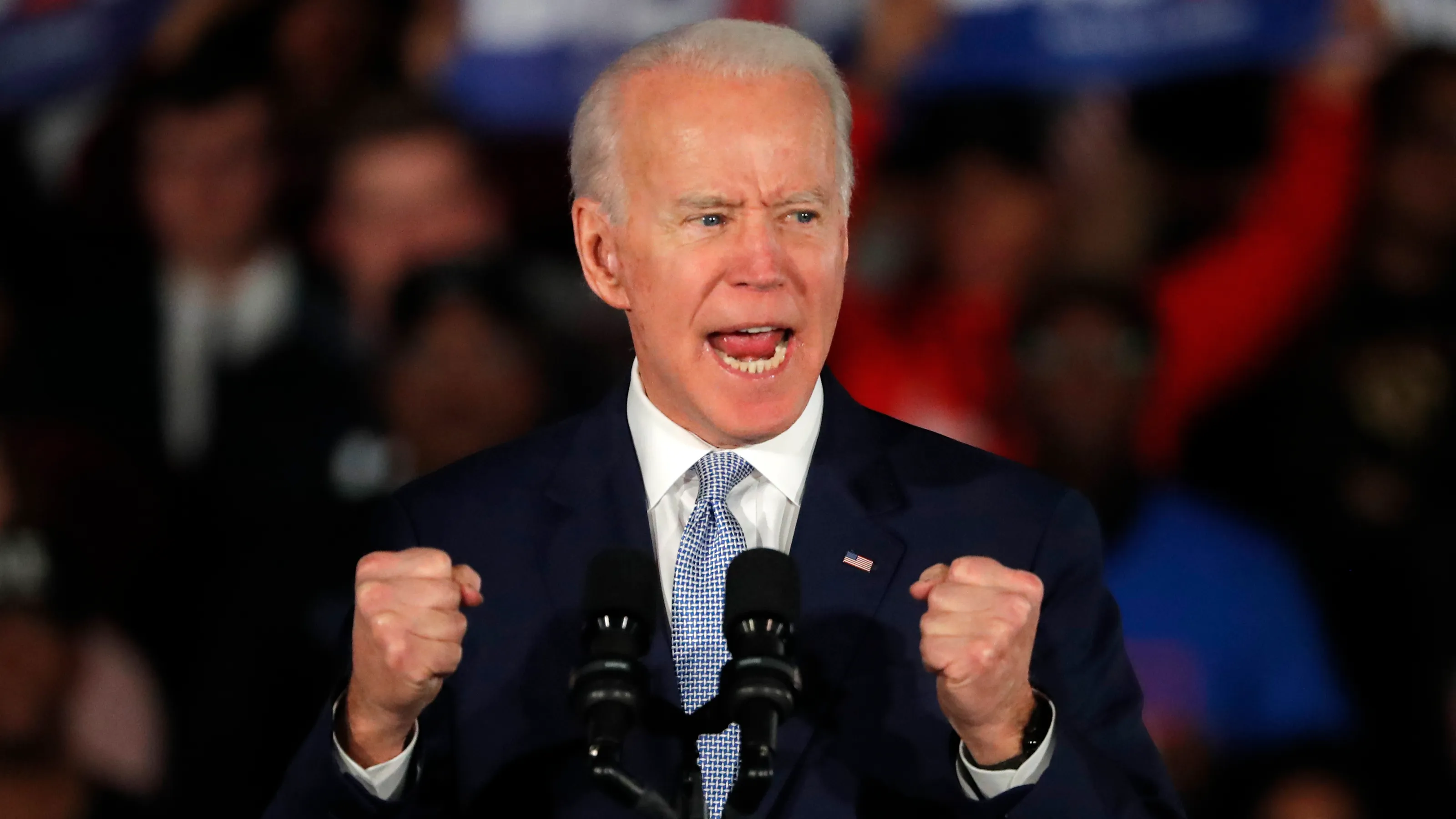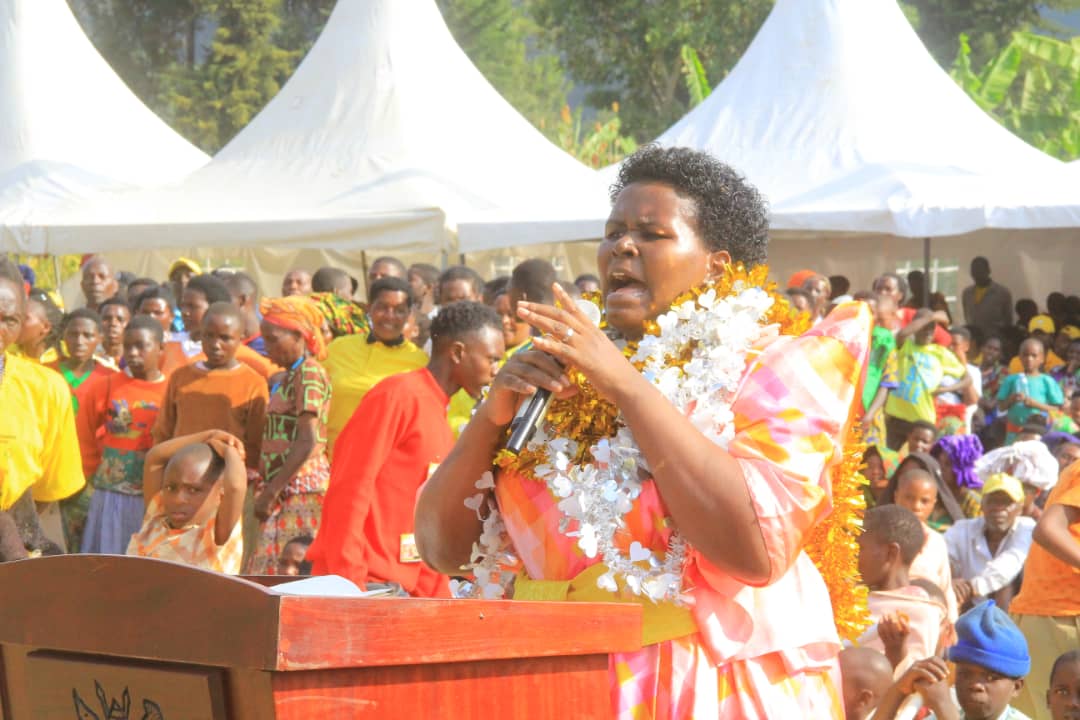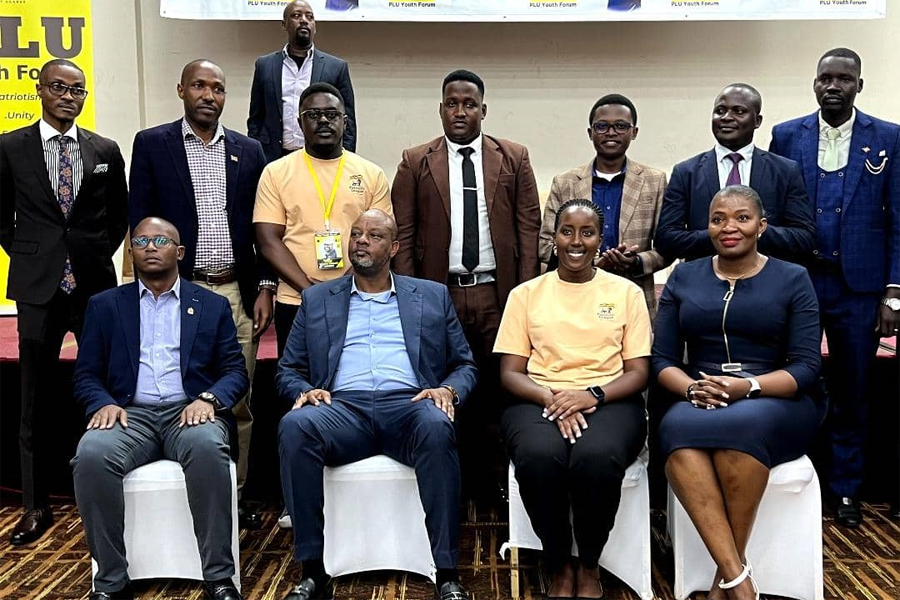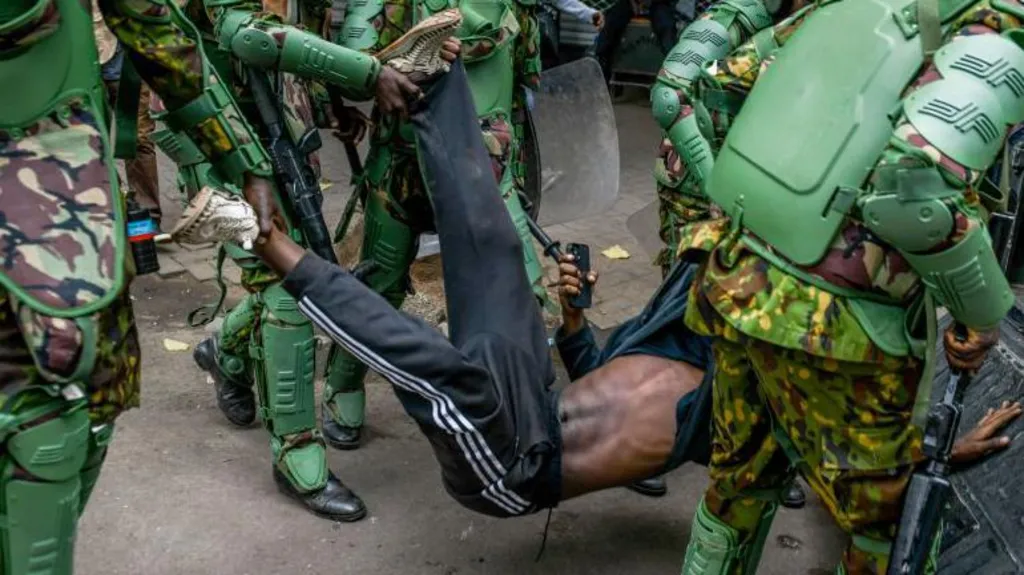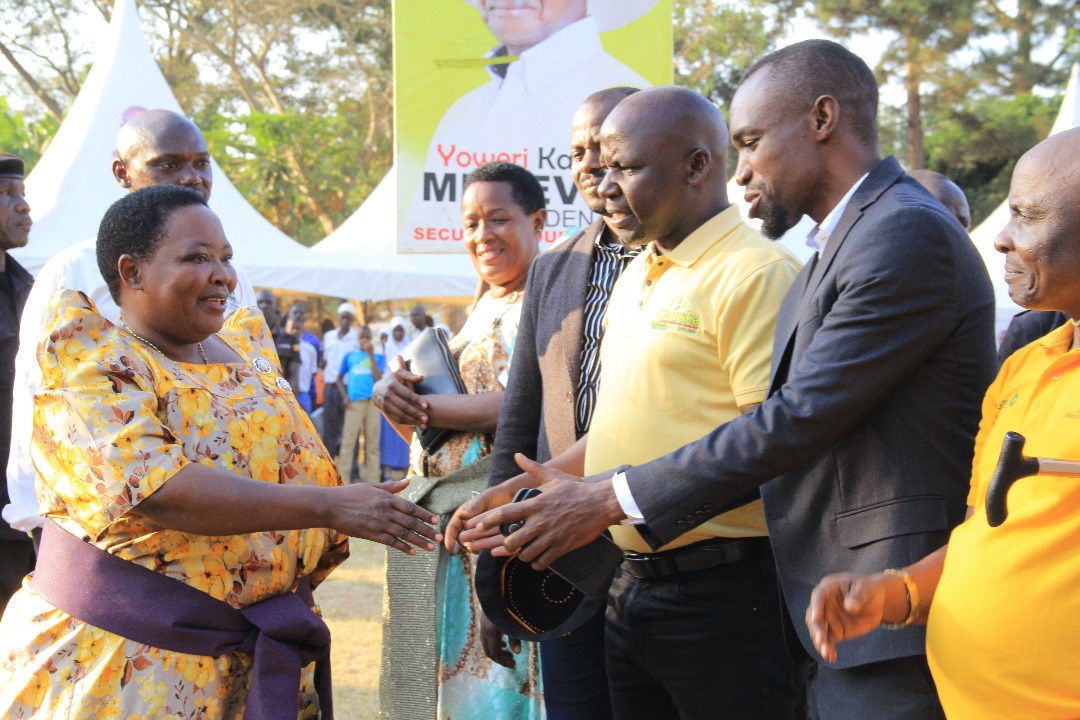Understanding why Museveni has failed on corruption
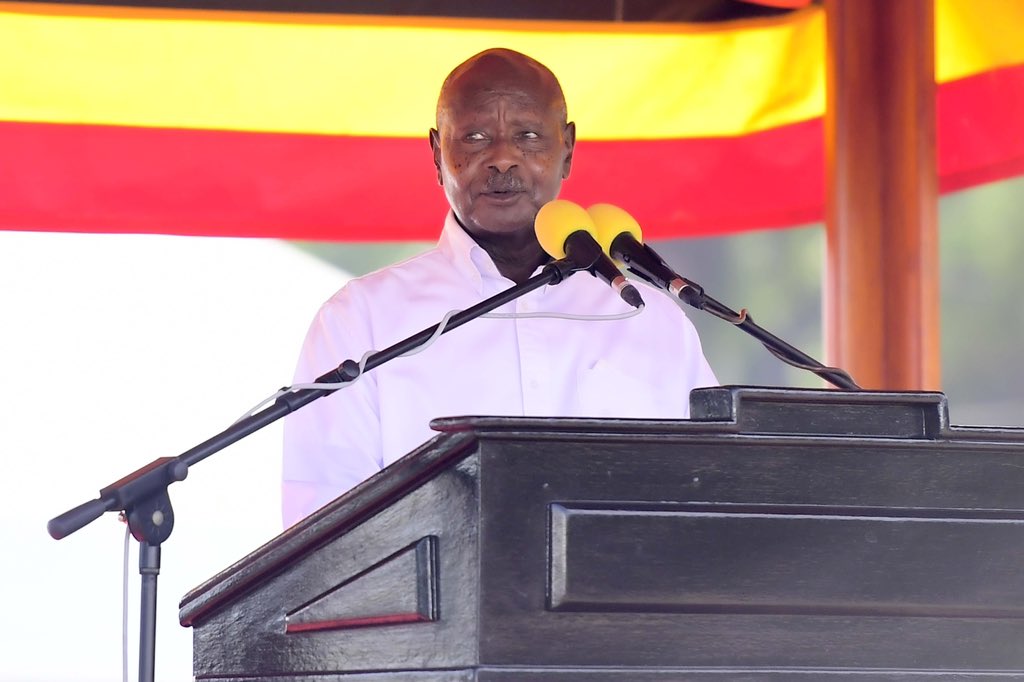
President Yoweri Museveni of Uganda has faced numerous challenges in addressing corruption since 2016, despite his long tenure and repeated promises to combat it.
Several factors contribute to this failure:
Keep Reading
Institutional Weaknesses:
Ugandan institutions responsible for combating corruption, such as the judiciary, police, and anti-corruption agencies, often lack the necessary independence, resources, and capacity to effectively investigate and prosecute corruption cases.
Political Patronage: Museveni’s regime has been characterized by a system of political patronage, where loyalty is often rewarded with government positions and resources. This system creates an environment where corruption is tolerated or even encouraged, as it is seen as a means to maintain political support and stability.
Lack of Political Will: While Museveni has publicly committed to fighting corruption, there is a perception that there is a lack of genuine political will to tackle high-level corruption.
"High-ranking officials and individuals close to the president are often seen as being protected from prosecution, leading to a culture of impunity," Anti corruption activists, noted.
Economic Interests: Corruption can be deeply entrenched in the economic interests of powerful individuals and groups. Efforts to combat corruption may be undermined by those who benefit financially from the status quo, including business elites and international investors who may have vested interests in maintaining certain practices.
Public Perception and Trust: The public’s trust in the government’s ability to fight corruption has eroded over time. This is compounded by high-profile corruption scandals involving large sums of money, which often end without significant consequences for the perpetrators.
International Pressure and Aid Dependency: Uganda’s reliance on foreign aid and international support can sometimes be a double-edged sword. While international partners often push for anti-corruption measures, the inflow of aid can sometimes exacerbate corruption if not properly monitored and managed.
Complexity and Scale of Corruption: Corruption in Uganda is widespread and systemic, involving various sectors and levels of government.
Addressing it requires comprehensive reforms and a coordinated effort across multiple fronts, which is a highly complex and challenging task.Overall, these factors combined have made it difficult for President Museveni to effectively address corruption, despite ongoing efforts and initiatives.



